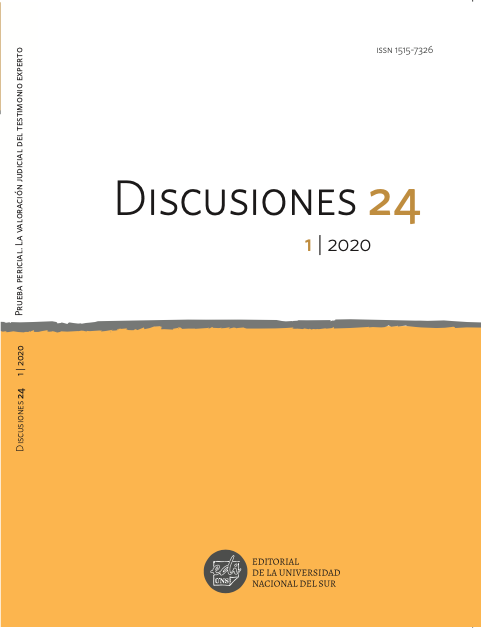Neither Education, nor Blind Deference: Towards a Critical Model for the Assessment of Expert Evidence
DOI:
https://doi.org/10.52292/j.dsc.2020.2206Keywords:
Expert evidence, Education, Deference, Authoritative reasonsAbstract
This paper discusses Carmen Vázquez’s argument in favor of an educational model for the assessment of expert evidence. It focuses not on the institutional arrangements that Vázquez believes might promote the education of decision-makers, but on the psychological and epistemic presuppositions of her work. One the one hand, it questions her empirical assumption that decision-makers are cognitively capable of understanding the reasoning of experts; on the other, it argues that Vazquez’s claim that deference is an irrational attitude that threatens the legitimacy of judicial decisions seems to disregard the role that authoritative reasoning usually plays in judicial justification. The paper sketches a model for the assessment of expert evidence that supports neither education, nor blind deference. Instead, it proposes a critical, more democratic model in which not only the scientifically educated judge or jury is capable of reaching a justified decision on the basis of expert testimony – but society as a whole.
Downloads
Published
How to Cite
Issue
Section
License
Discusiones does not withhold rights of reproduction or copyright. Consequently, authors may share the final versions of publications.


